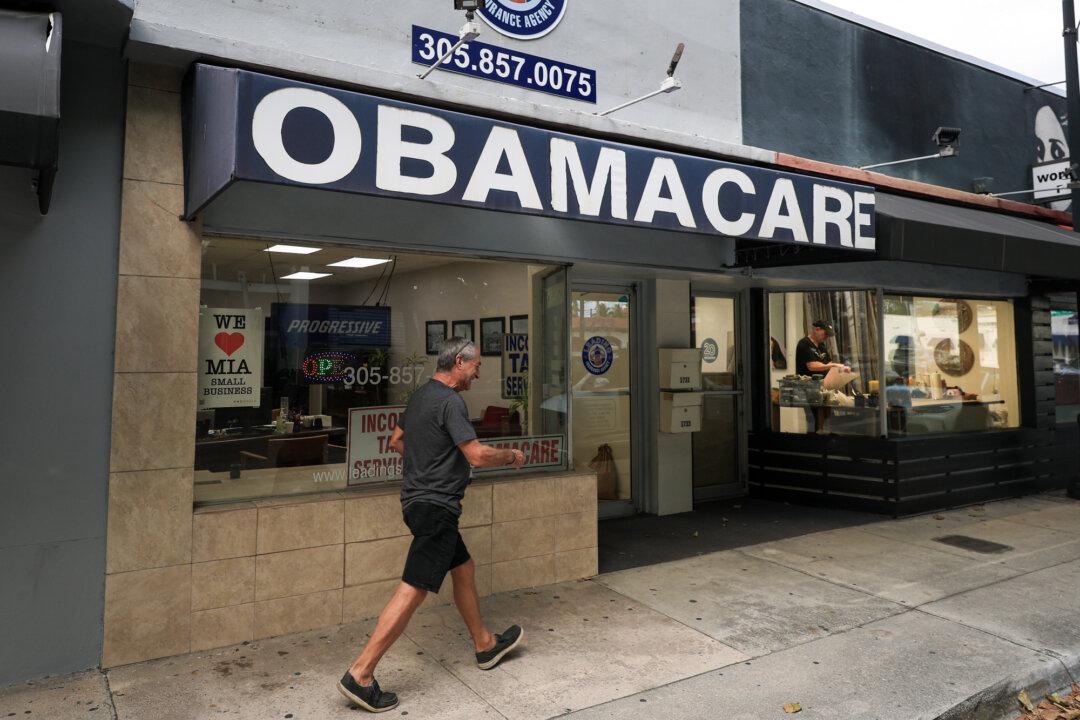LINCOLN, Neb.—Voters will determine the fate of new state legislation that provides a 100 percent tax credit for money donated to K-12 scholarship funds for private schools by means of a ballot question in the 2024 general election.
The Opportunity Scholarships Act, LB753, commits $50 million in tax credits for scholarships to Nebraska children. Priority is given to scholarships going for children who live in poverty or foster care, experience bullying, harassment, or other victimizing behaviors, or have a parent or guardian who is serving in the military. Gov. Jim Pillen signed the measure on May 30.





